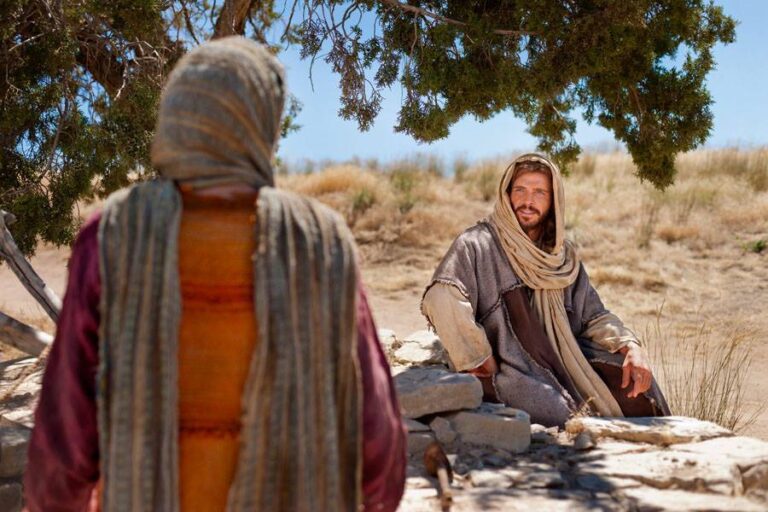
Improving stewardship involves being more intentional and faithful in managing the resources, talents, and opportunities God has given you. Here are seven practical steps to become a better steward:
1. Recognize That Everything Belongs to God
- Key Scripture: “The earth is the Lord’s and the fullness thereof, the world and those who dwell therein” (Psalm 24:1).
- Action: Start by acknowledging that everything you have—your time, money, skills, and even your relationships—ultimately belongs to God. You are a manager, not the owner. This mindset shift will help you handle resources with more care and responsibility.
2. Develop a Heart of Gratitude
- Key Scripture: “Give thanks in all circumstances; for this is the will of God in Christ Jesus for you” (1 Thessalonians 5:18).
- Action: Cultivate gratitude for everything you have. When you recognize that all you possess is a gift from God, it becomes easier to treat it with respect and care. Gratefulness also leads to generosity, another key element of good stewardship.
3. Be Faithful in Small Things
- Key Scripture: “One who is faithful in a very little is also faithful in much” (Luke 16:10).
- Action: Don’t overlook small responsibilities. Whether it’s how you manage your finances, time, or relationships, being diligent with little shows that you are ready for greater responsibilities. Small steps, such as budgeting, organizing your schedule, and taking care of your health, lead to greater trust and stewardship.
4. Give Generously
- Key Scripture: “Each one must give as he has decided in his heart, not reluctantly or under compulsion, for God loves a cheerful giver” (2 Corinthians 9:7).
- Action: Stewardship isn’t just about holding onto what you have—it’s also about giving. By sharing your resources with others, you reflect God’s generosity. Giving financially to your church, supporting those in need, and offering your time and talents for ministry are ways to improve your stewardship.
5. Plan and Budget Your Resources
- Key Scripture: “The plans of the diligent lead surely to abundance, but everyone who is hasty comes only to poverty” (Proverbs 21:5).
- Action: Make a plan for how you will use your resources, such as your money, time, and energy. Create a budget to manage your finances, allocate time for important activities, and set goals for how you will use your talents. Planning helps avoid waste and maximizes the impact of your stewardship.
6. Prioritize Your Time Wisely
- Key Scripture: “Look carefully then how you walk, not as unwise but as wise, making the best use of the time, because the days are evil” (Ephesians 5:15-16).
- Action: Time is one of the most valuable resources you have, and good stewardship involves using it wisely. Prioritize your spiritual growth, relationships, and serving others. Avoid distractions or time-wasters and focus on activities that align with God’s purposes for your life.
7. Serve Others with Your Talents
- Key Scripture: “As each has received a gift, use it to serve one another, as good stewards of God’s varied grace” (1 Peter 4:10).
- Action: Your talents and abilities are gifts meant to be shared. Consider how you can serve others with your skills—whether it’s through your work, ministry, or helping those in need. Identify your strengths and seek opportunities to bless others.
Final Reflection:
Stewardship is about faithfulness and accountability to God. The more we align our management of time, talents, and treasures with God’s purposes, the better stewards we become. It’s not just about doing more but about managing well what we already have. Regularly pray for wisdom to be a good steward, and remember that God will help you as you strive to honor Him in how you use His gifts.





